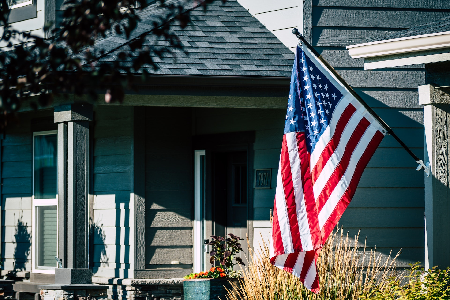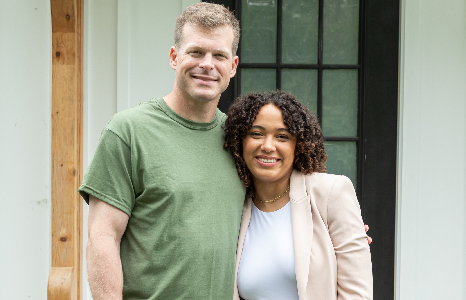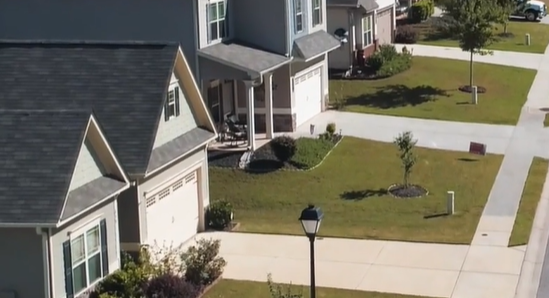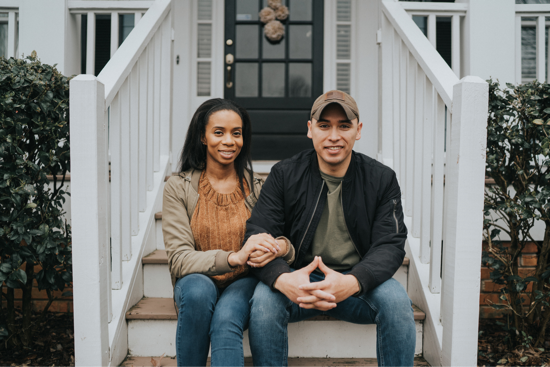Closing costs are a simple, yet often unpredictable, part of a real estate transaction. Understanding closing costs, and the real estate programs available to you as military personnel, can help you keep more money in your pocket after closing.
Understanding Closing Costs
What are closing costs?
Closing costs are the final fees paid during the closing of a real estate transaction. When the seller and buyer meet to sign the final paperwork and transfer the title, they will negotiate who pays the assorted taxes, real estate commissions, and vendor fees incurred during the process.
While the items within closing costs can differ from sale to sale, they generally include attorney fees, application fees, the property appraisal fee, and property taxes for the first 60 days after purchase. As a veteran or service member, you may also have to pay a VA funding fee if you have a VA-backed home loan.
How much are closing costs on a house?
Closing costs depend on a myriad of factors, such as what state you’re closing in, who your mortgage is through, or the type of loan you have. In general, however, closing costs range from 3-5% of the final cost of your home.
Who pays for the closing costs of a house?
Generally, the buyer pays a majority of the expenses. However, if your real estate agent is an adept communicator, you can negotiate those down on your behalf with the seller.
How can you get out of closing costs?
No one likes to pay more on closing day. Luckily, real estate law requires that both the buyer and seller know about and agree upon the itemized list of closing costs before the final sale — so you’ll be allowed to negotiate those down if you’re the buyer. (It’s another reason why finding an experienced agent is so crucial to your final costs.) While closing costs are rarely — if ever — zero, there are a few ways you can lower the costs if you’re the buyer.
How to lower the impact of closing costs
1. Pick your vendors.
You’re not required to use the service companies suggested by your mortgage lender. While you’ll have to get your quotes for each vendor (these are typically estimated and packaged together from your lender), picking your third-party services for the final closing can put you in control of the costs — and knock a hefty chunk off your final closing costs.
2. Choose a No-Closing-Cost mortgage.
A No-Closing-Cost mortgage is a strategic way to cut your closing costs down dramatically. However, No-Closing-Cost mortgages usually tie your fees into your mortgage in the form of interest. So while your upfront costs are lower, you might pay more over the lifetime of the mortgage. A skilled mortgage lender and agent can help you understand how these costs would affect you in the long-term, so be sure to ask your team if upfront closing costs are something you want to avoid altogether.
3. Use a real estate program like Realogy Military Rewards®.
There are many home buying and selling programs out there for military and veteran families. However, no program is quite as robust and rewarding as Realogy Military Rewards.
After closing on a home, Realogy Military Rewards provide you with a cash back reward worth $350-$7,500.* While it doesn’t come off your final closing costs directly, it’s an easy and rewarding way to put cash back into your pocket after you close.
Get support from open house to closing
Buying or selling a home is a massive decision for you and your family. But you don’t have to do it alone. From finding the home of your dreams to negotiating closing costs, Realogy Military Rewards can help with A-Team real estate agent expertise and valuable cash rewards.
For more on Realogy Military Rewards and the benefits available to you, check out realogymilitaryrewards.com.






